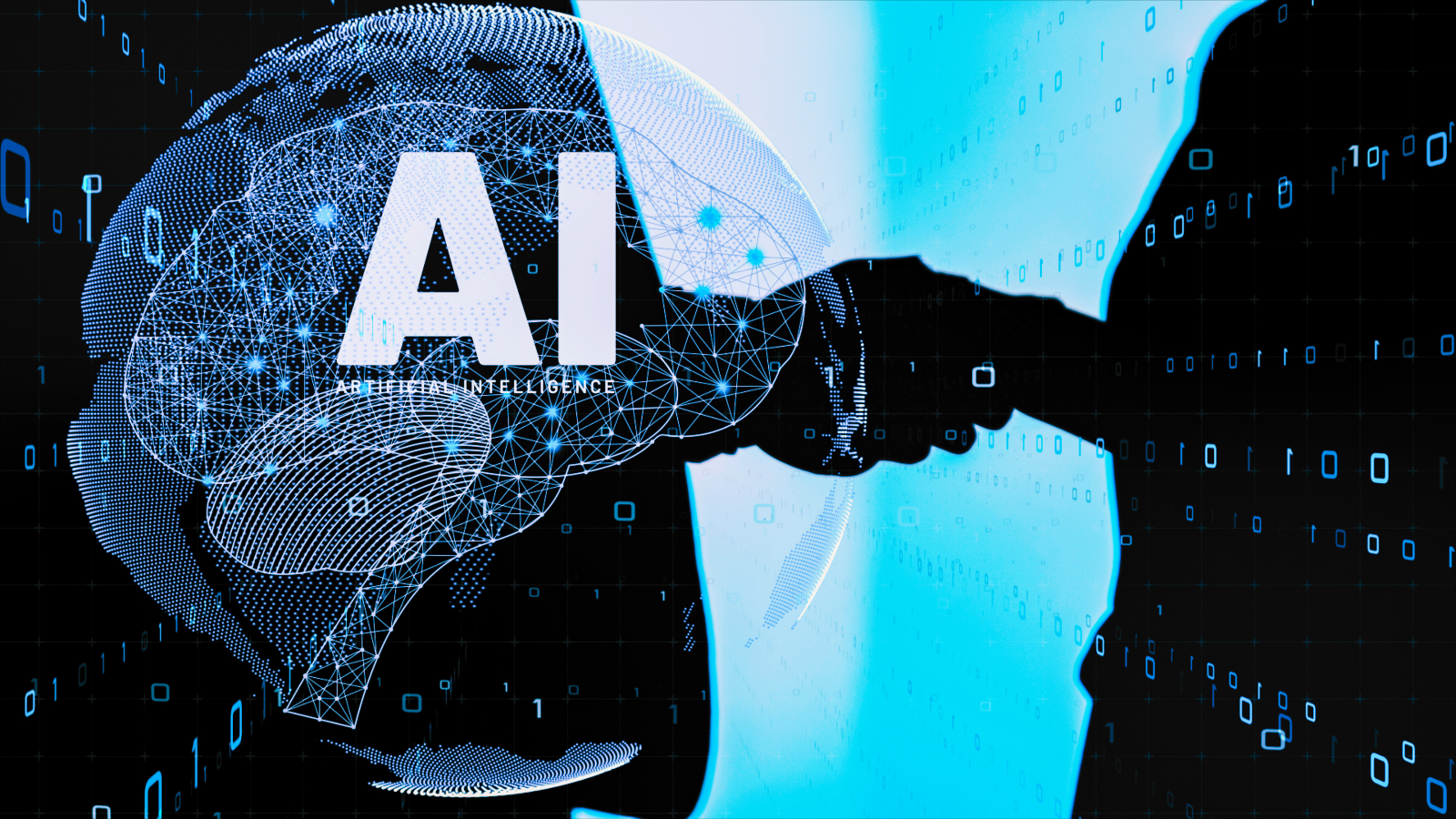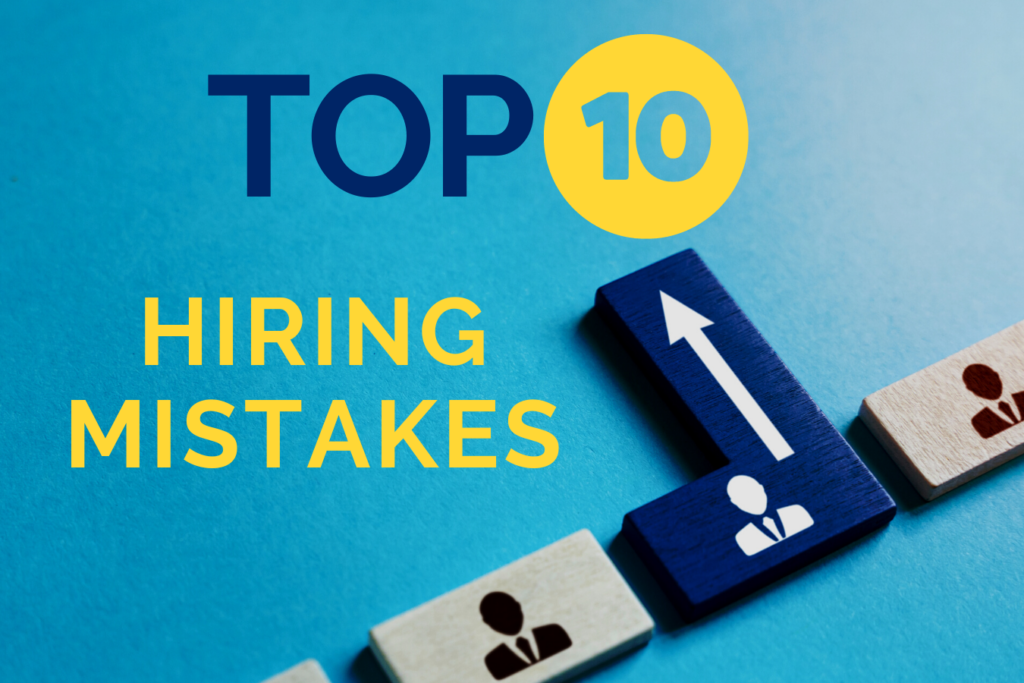
The future of recruitment is rapidly changing and becoming more sophisticated as organizations leverage a new digital landscape and adopt Artificial Intelligence into their world. To say we’re living in a digital revolution would be an understatement.
As someone deeply invested in connecting careers and seeking out unicorns for organizations, like many recruiters, I feared the unknown and questioned: “Would AI eventually take over human roles?” The profound advancements introduced by AI into the recruitment sector sparked significant anxiety for job displacement and depersonalization. Throughout my career I took pride in creating a personalized touch on the candidate experience and I feared this would all be lost once technology took over. After all, no computer can replicate the understanding of a professional recruiter who knows how to evaluate behaviours, attitude, and cultural fit – right?
I challenged my way of thinking and started to shift my mindset from a place of concern to embracing new possibilities. There was Artificial Intelligence transforming the way we recruit and hire new talent through powerful algorithms and data-driven decision-making in our processes. AI allows us to automate repetitive tasks, eliminate biases, streamline processes, make informed hiring decisions, while saving time and costs. So, let’s dive into how AI is revolutionizing the recruitment industry:
Optimizing Candidate Screening & Sourcing
AI tools can review large numbers of resumes and applications by using algorithms to assess the candidate’s qualifications against the job description criteria. Leveraging this technology not only eliminates the manual work of sifting through hundreds of applications for recruiters, it also eliminates bias and allows recruiters to focus on who is the best fit and who to move forward.
Reducing Time-to-Hire
With automated processes in place, AI can significantly reduce time-to-hire by assisting with gender neutral job description creation, resume screening, faster communication, scheduling interviews, and quickly identifying suitable candidates to fill positions faster. By reducing time spent on repetitive administrative tasks, the recruiter can focus on building strong relationships with job seekers to enhance the candidate experience.
Increasing Diversity & Inclusion
All of us carry unconscious biases and without proper training to detect what those are, we naturally will bring them into our selection process. AI tools can help mitigate this by looking for specific qualifications on a resume which results in a more diverse pool of candidates and promotes inclusivity. When you have a person in the hiring seat looking at names, gender, age, and prestigious institutions on a resume, it can create unfair decision making through the unconscious biases we all carry.
AI is drastically forging new opportunities and improving the way we measure and predict one’s potential to perform.
This new talent landscape helps hire talent faster and more accurately than ever before, however change can also present big challenges to navigate as AI evolves. It will be critical to gain knowledge around AI’s limitations, ethical algorithms, handling of confidential personal data, understanding the reliability and validity of data-driven assessments to ensure accuracy and compliance with employment law.
Let’s tackle the obvious: AI won’t be replacing human recruiters anytime soon. Instead, organizations will continue to strike the right balance between a personalized human touch and automated efficiencies to find our unicorns.
Leah Anderson
Talent Acquisition Specialist

